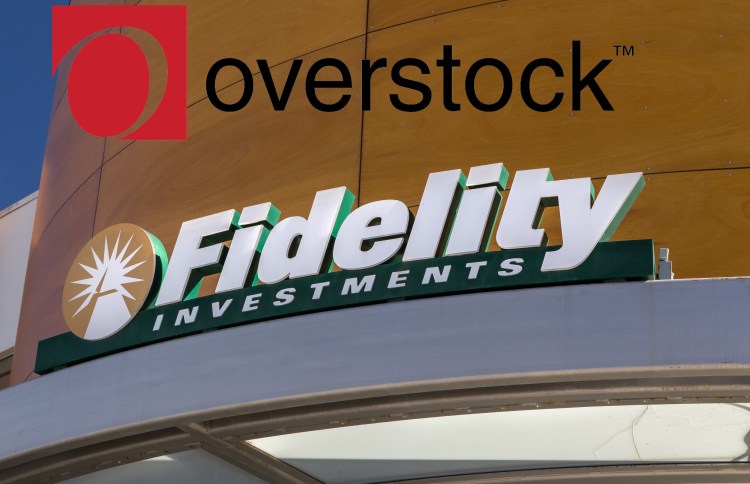One of the questions I get most often about Bitcoin or any other crypto asset is, “Okay, but what can you actually BUY with it?” Sure, for a while you could go to Vaultoro and buy some gold or go on OpenBazaar and order something, but these were new platforms with limited track records.
Well, this week alone, the adoption of blockchain-based digital tokens into the mainstream has picked up significant steam.
On Tuesday, Overstock.com made a huge announcement, making it possible to not just buy their entire product line with Bitcoin but, through a ShapeShift integration, use 40 different cryptocurrencies to buy “actual stuff”.
This not only signals to the market that there’s room beyond Bitcoin alone; it expands the Total Addressable Market for Overstock. Now, they can take payments from the 129 countries in the world they ship and do it with significantly lower transaction fees than using PayPal or a credit card.
June 5th: The AI Audit in NYC
Join us next week in NYC to engage with top executive leaders, delving into strategies for auditing AI models to ensure fairness, optimal performance, and ethical compliance across diverse organizations. Secure your attendance for this exclusive invite-only event.
So, in one giant swoop, Overstock sent a message to customers saying “your money is good here” while signalling the back-end processors that their fee structure is under attack.
But wait, as they say, there’s more.
On Wednesday, Fidelity Labs made an announcement of a test integration with Coinbase where customers can now see their crypto asset holdings directly next to their traditional holdings. Put another away, one of the world’s largest financial services firm has indicated that Bitcoin, Ether, and Litecoin (the three currencies offered by Coinbase) are legitimate assets that make up part of a balanced portfolio.
If you are managing all of your assets across cash, stocks, bonds, and crypto, Fidelity is jumping out to the lead to provide the “one-stop” location to keep tabs on it. You can expect the competition to follow suit quickly.
As more and more people are exposed to cryptocurrencies within familiar environments (such as Fidelity), the cryptocurrency market will gain credibility, thereby catalyzing investment. Simultaneously, the more customers see Bitcoin and other cryptocurrencies as checkout options at established merchants, the more they will perceive these currencies as legitimate.
With Bitcoin at (or near) its all-time high and the most recent scaling debate issue in the rear-view mirror (for now), attention has turned to how high Bitcoin’s value can go. Some predict $5,000 in the near-term. What’s clear, however, is that the more people have their perceptions changed about the legitimacy of the concept (no longer for drugs and criminals) and the more utility they get in terms of things they can buy, the more they will explore, invest, and use cryptocurrencies.
Every week, momentum is building towards mainstream acceptance, but blessings of this magnitude from two established players like Overstock and Fidelity should be recognized for what they are.
Jeremy Epstein is CEO of Never Stop Marketing and author of The CMO Primer for the Blockchain World. He currently works with startups in the blockchain and decentralization space. He advises F2000 organizations on the implications of blockchain technology. Previously, he was VP of marketing at Sprinklr from Series A to “unicorn” status.


